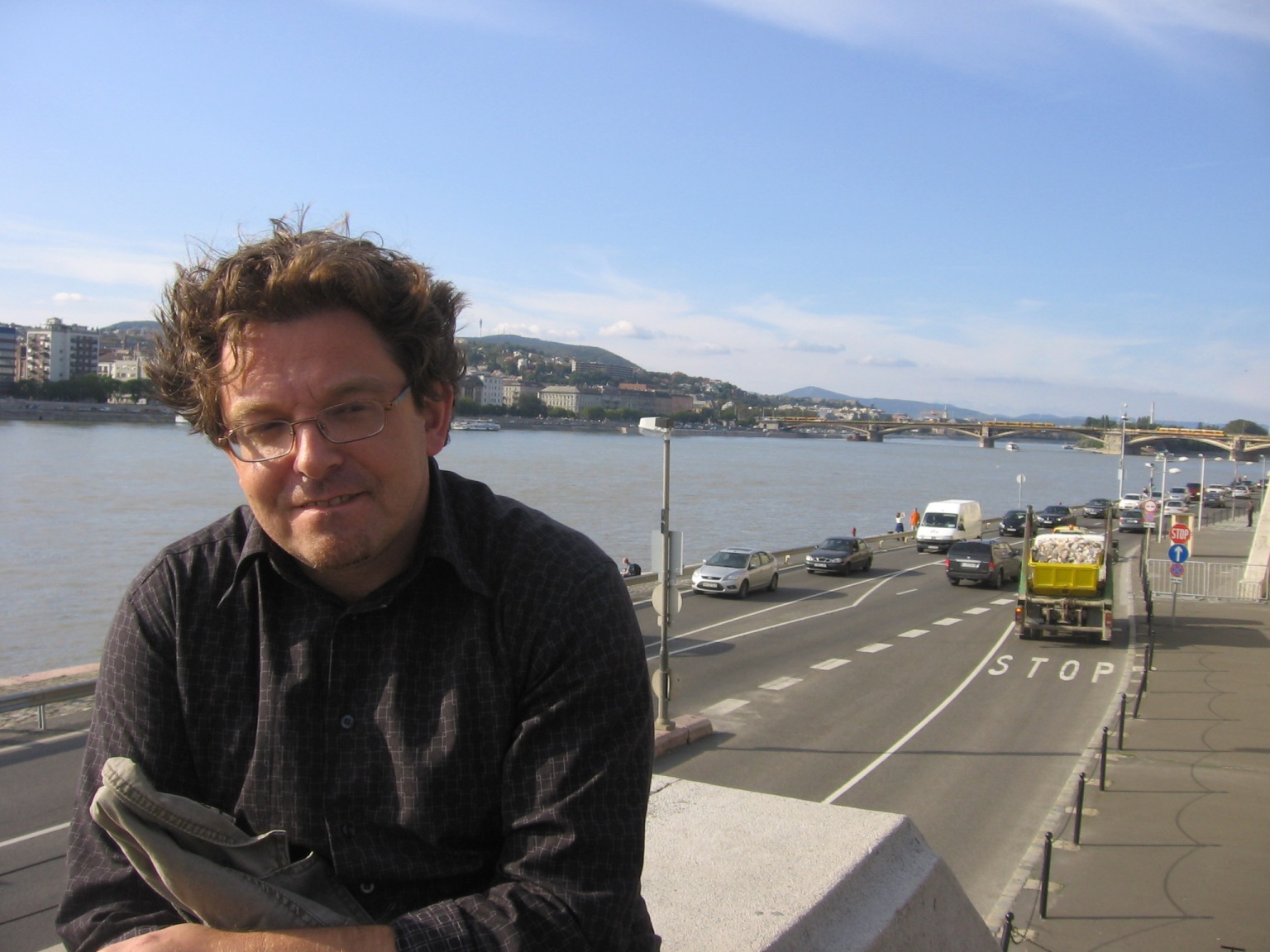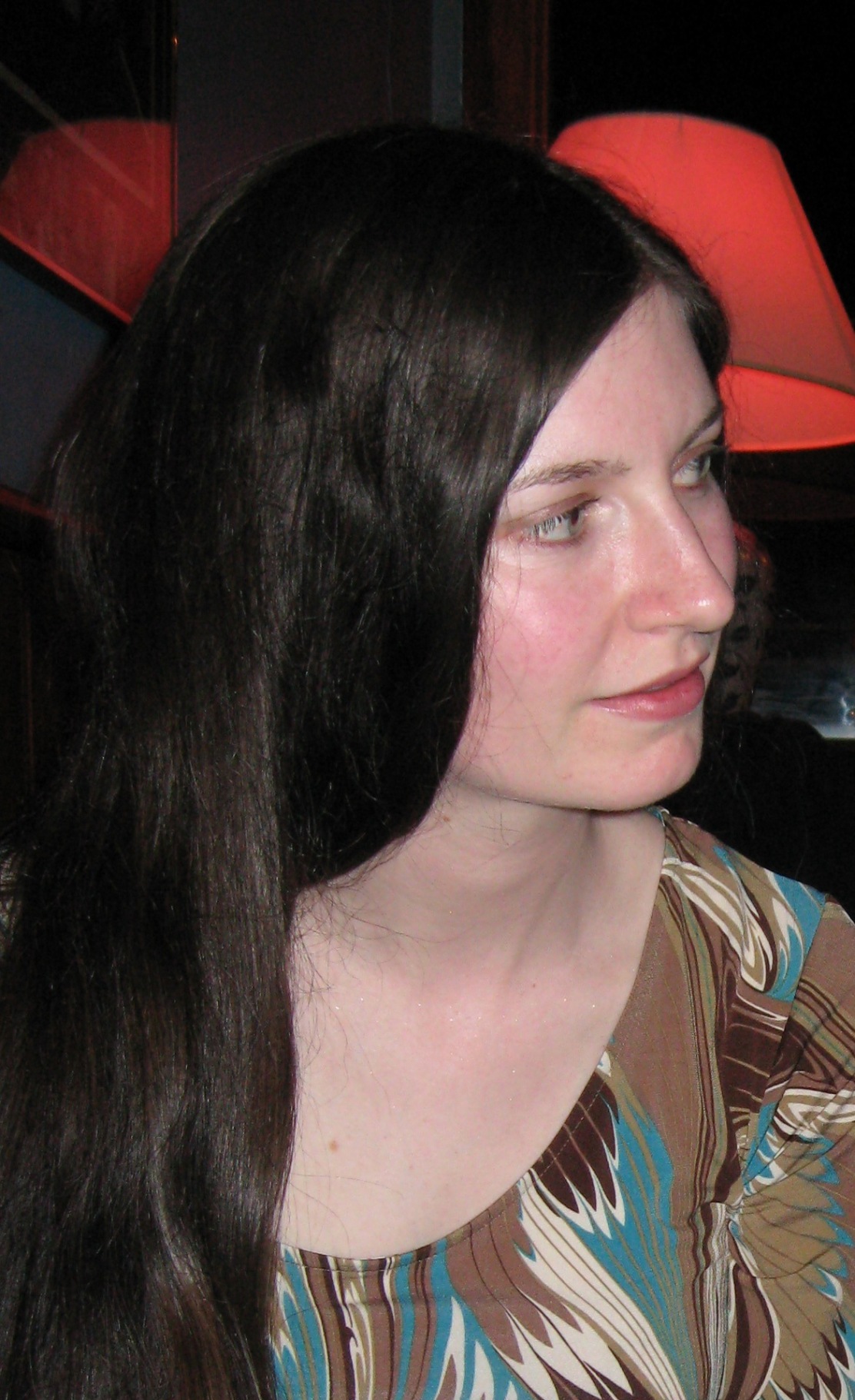Sridala Swami
.jpg)
Written by mascara on . Posted in Poetry.
.jpg)
Written by mascara on . Posted in Poetry.
.jpg)
Written by mascara on . Posted in Poetry.

Written by mascara on . Posted in Poetry.

Written by mascara on . Posted in Poetry.

Written by mascara on . Posted in Poetry.
Written by mascara on . Posted in Poetry.

All morning it’s been difficult to settle, difficult to harness
energy or purpose for all the things
I have to do. Charged sky,
sudden light at the horizon, grey, then streaks of blue, then
grey again. An unsettled sea,
white water contending point to point,
waves like another and another avalanche, unceasing noise,
sand compacted to a crimp-edged,
man-high bank and I can see,
then can’t locate, a buoy like a white-capped head
sinking and floating in the rip,
wrenched from its deeper mooring,
now driven in, now swept back out, tethered there
by net and anchor that, for now,
have new purchase in the sand.
Conceivably, should I be silly enough to surf tomorrow
it could be me entangled, drowned:
mistake and misadventure; bad luck.
In Switzerland they’ve flicked the switch and particles
surge round and round a tunnel
in opposed directions preparing to collide
in an experiment to explain how the universe got mass
in the seconds of its birth,
why what we touch is solid.
We stalk the irreducible, the constant speed of light unfolding
though the eye can’t see and the hand
can’t touch such magnitude:
time may shrivel, outrun itself, sag under accumulated weight:
end in our beginning: red shift, white dwarf,
rotten apple on the ground.
Written by mascara on . Posted in Poetry.
Written by mascara on . Posted in Poetry.
Written by mascara on . Posted in Poetry.
